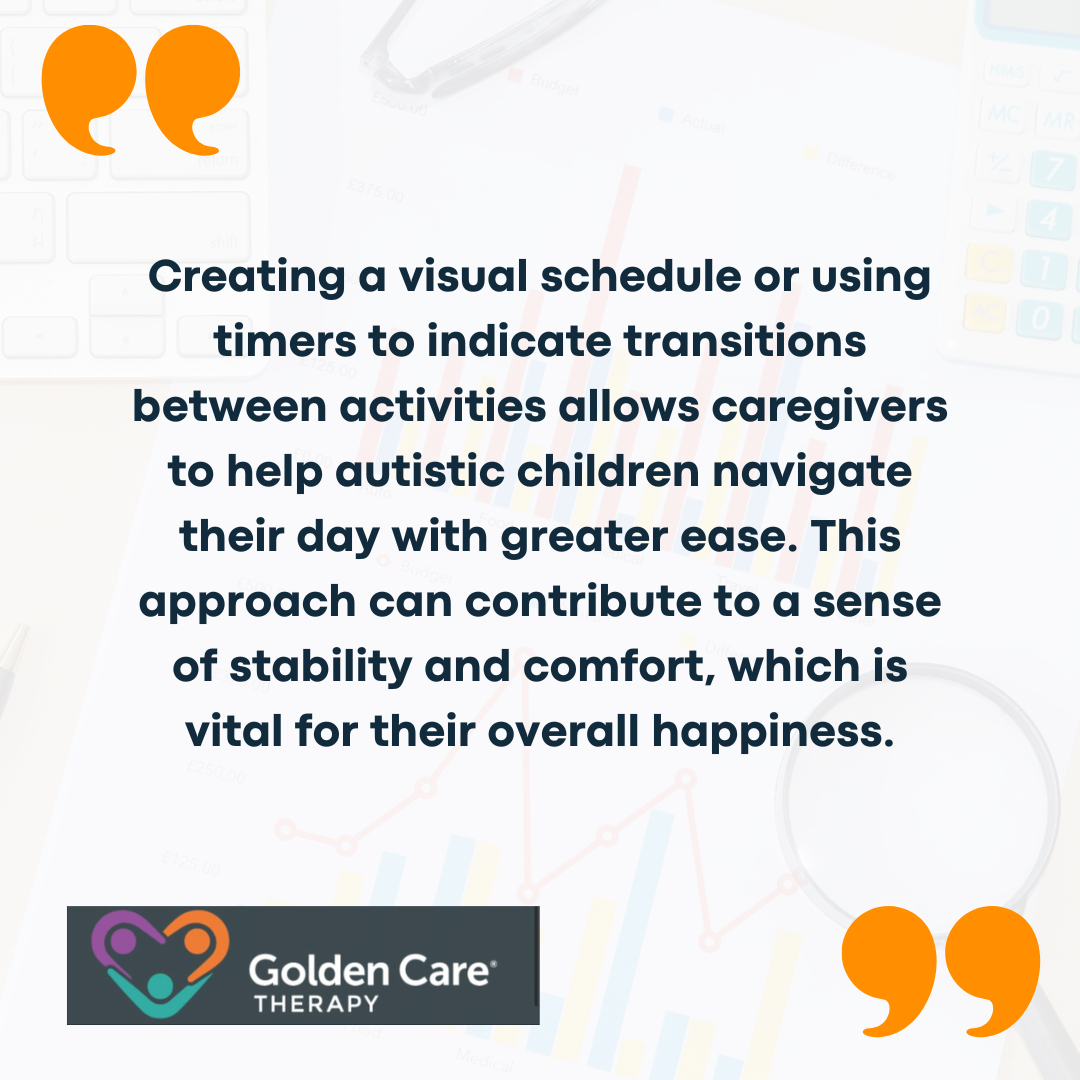
Table of Contents
Finding what makes an autistic child happy often involves understanding their unique preferences and needs. Happiness for these children can come from various sources, such as engaging in favorite activities, feeling understood and supported, or having a consistent routine.
Each child has their own set of things that bring them joy, and discovering these can be a rewarding journey. Whether it’s through play, sensory experiences, or social interactions, understanding what makes an autistic child smile helps create a more supportive and fulfilling environment for them.
What Makes an Autistic Child Happy?
An autistic child’s happiness can be deeply influenced by the environment and activities tailored to their individual needs and preferences. Understanding their sensory sensitivities, interests, and communication styles is crucial.
For many autistic children, predictability and routine provide a sense of security and comfort, which can contribute significantly to their happiness. Engaging in activities that align with their special interests can also bring them immense joy.
Positive reinforcement and encouragement in these activities help them feel valued and understood.
Moreover, creating a supportive and accepting environment where they feel safe to express themselves is vital. Social interactions with family members and friends who understand and respect their boundaries can enhance their emotional well-being. Ensuring that their sensory needs are met can prevent discomfort and distress.
Overall, fostering an environment that acknowledges their unique preferences and provides consistent, supportive interactions is key to nurturing their happiness.
How to Promote Happiness in Autistic Children
To promote happiness in autistic children, parents and caregivers should adopt strategies that embrace their individuality and support their unique needs. By focusing on providing structure and routine, developing social skills and relationships, and valuing autistic traits, caregivers and parents can create a nurturing environment that fosters happiness and well-being.
It’s worth noting that autistic children often thrive in environments that offer predictability and consistency. Providing a structured daily routine can help them feel secure and reduce anxiety.

Developing social skills and nurturing relationships is also an important aspect of promoting happiness in autistic children. Caregivers can support autistic children by explaining unspoken social rules and offering clear, logical explanations with visuals to help them understand social interactions better.
Encouraging positive social interactions and providing opportunities for social engagement can enhance their social skills and sense of connectedness, ultimately contributing to their happiness.
Challenges Faced by Autistic Children
Traditional approaches to autism treatment have heavily focused on enhancing cognitive abilities and behavioral skills rather than nurturing self-esteem and happiness. Autistic individuals may experience heightened levels of loneliness due to difficulties in forming intimate and emotionally fulfilling friendships, and this can impact their overall quality of life.
Autistic individuals encounter challenges in distinguishing between various emotions, especially nuanced feelings that fall between the spectrum of positive and negative.
While they may struggle to articulate their emotional experiences, they can generally differentiate between positive and negative sentiments. This particular difficulty in discerning feelings can make it challenging for them to express their emotional states accurately, hindering effective communication of their happiness levels.
Self-reporting of happiness poses a notable obstacle for autistic individuals.
Communicating their emotional well-being and internal happiness can be particularly perplexing, as the concept of happiness itself may be abstract and elusive to them. Research suggests that many autistic individuals face difficulties in experiencing and expressing happiness due to the inherent complexities associated with recognizing and articulating positive emotions.
How to Engage Autistic Children
Engaging with autistic children involves recognizing and nurturing their special skills, implementing effective time management strategies, and utilizing positive reinforcement to promote happiness and well-being.
Many autistic children exhibit exceptional skills in various areas, such as painting, singing, playing musical instruments, solving mathematical problems, and memorizing facts.
It is crucial for parents and caregivers to observe and encourage these unique talents as they can serve as a source of joy and fulfillment for the child. By fostering these special skills, individuals with autism can experience a sense of achievement and confidence in their abilities.
One common challenge that autistic children may encounter is managing time effectively, leading to difficulties in completing tasks within given timeframes.
Introducing visual aids like timers or sand timers can help children understand the concept of time and provide a visual representation of the remaining time for a specific activity. By employing these time management tools, parents and caregivers can support autistic children in organizing their daily routines and improving their overall time management skills.
Creating a Supportive Environment
Creating a supportive environment tailored to the specific needs of autistic children is important in order to foster happiness. By addressing sensory sensitivities, offering rewards and praise, and providing noise-free spaces, caregivers can significantly enhance the well-being of autistic children.
Sensory Sensitivities
Autistic children often experience sensory differences that can impact their comfort and happiness. Parents and caregivers should be attuned to these sensitivities and make necessary adjustments in the environment.
This may involve providing noise-canceling headphones to reduce auditory stimulation, creating quiet spaces where the child can retreat when overwhelmed, and avoiding clothing with textures that may cause discomfort.

Rewards and Praise
Positive reinforcement also plays a crucial role in encouraging positive behavior and fostering happiness in autistic children. Caregivers should utilize rewards and praise to acknowledge and reinforce desired actions or achievements. By praising specific behaviors and offering rewards that are meaningful to the child, caregivers can motivate continued positive behaviors and boost the child’s self-esteem.
Noise-Free Spaces
For autistic children who are highly sensitive to sound, creating a noise-free environment is essential for promoting happiness and well-being. Caregivers should strive to minimize auditory distractions and provide a quiet, calm space for the child to feel comfortable and secure.
Removing the child from noisy situations, using favorite toys or comforting items to help soothe them, and prioritizing peace and tranquility in the environment can contribute to a sense of safety and contentment.
In the end, what makes an autistic child truly happy is often the same as what makes any child joyful: love, understanding, and acceptance. When we create a supportive environment where their unique needs and interests are celebrated, they thrive. Whether it’s through sensory-friendly activities, meaningful routines, or just being there to listen and engage, small actions can make a big difference.
Embracing their individuality and showing them they are valued will allow us to build a foundation of happiness that lasts a lifetime. For comprehensive support, including ABA services in New Jersey, Georgia, Indiana, and New York, reach out to Golden Care Therapy. Contact us today to learn more about how we can help support your child’s journey.
Sources:
- Autism and Feeling Empty: What’s the Connection? - September 19, 2024
- Addressing Autism and Anger Issues - September 19, 2024
- Embracing Autism and Self-Acceptance in Daily Life - September 19, 2024
